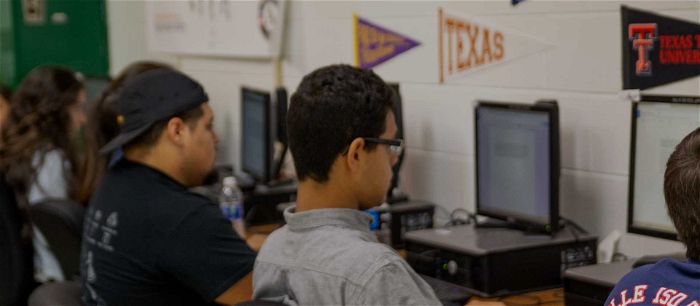And what they can do about it.
There is a strong correlation between the skills of America’s workforce and the prosperity of our nation. Our country must dramatically increase the number of Americans with industry-recognized, postsecondary credentials that are needed by high-demand industries and occupations, or we risk the outmigration of good jobs and a stalling of the economy. The nation’s workforce system is primed for transformation as the result of the enactment of the Workforce Innovation and Opportunity Act (WIOA)—but this transformation cannot be accomplished alone. The nation’s higher education and career and technical education systems must also change, and workforce development boards are well equipped to help make this happen.
Jobs for the Future (JFF), a national nonprofit that builds educational and economic opportunity for underserved populations, presents this policy briefing for consideration by members of the National Association of Workforce Boards (NAWB) to encourage leaders in the nation’s workforce development system to actively engage in local, state, and federal education policy development where such policies impact the training of America’s workers.
This report outlines the importance of national education policy for carrying out comprehensive workforce development systems under WIOA. A goal of this report is to determine the role that workforce boards can play in rethinking and restructuring the nation’s education and training offerings to more efficiently meet the skill needs of workers, employers, and regional economies.
This report was produced through a collaboration of JFF and NAWB.


